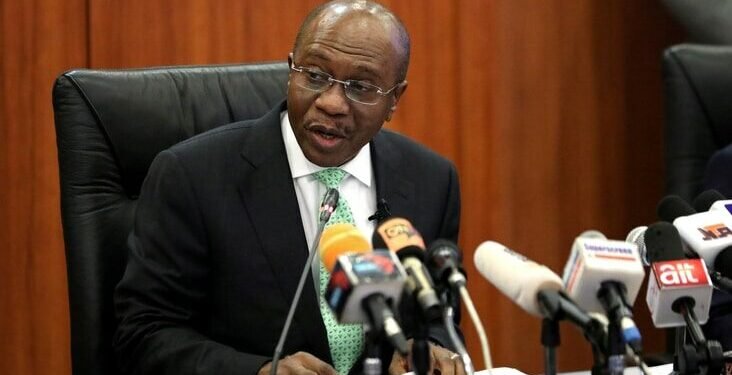Central Bank of Nigeria (CBN) has released guidelines for accessing its Non-oil Export Stimulation Facility (NESF). According to CBN the aim of NESF is to “diversify the revenue base of the economy and to expedite the growth and development of the non-oil export sector.”
“Term financings under the Facility shall not exceed 70% of verifiable total cost of the project subject to a maximum of ₦5,000,000,000.00” according to the guidelines.
The Facility will be granted at an all-inclusive rate of return of 9% per annum. This is in line with Sharia compliant mode lending. The type of financing under NESF include Murabahah, Salam, Istisna’, Ijarah, Wakalah etc according to CBN.
Eligibility Criteria
Beneficiaries must be;
- Export-oriented enterprise that fulfils the under-listed conditions shall be eligible to participate under the NESF:
- Duly incorporated in Nigeria under the Companies and Allied Matters Act (CAMA).
- Has verifiable export off-take contract(s).
- Satisfactory credit reports from at least two Credit Bureaux.
Eligible transactions shall include;
- Export of goods processed or manufactured in Nigeria;
- Export of commodities and services, which are allowed under the laws of Nigeria and do not violate the principles of non-interest banking and finance;
- Imports of plant & machinery, spare parts and packaging materials, required for export-oriented production that cannot be sourced locally;
- Resuscitation, expansion, modernization and technology upgrade of non-oil export industries;
- Export value chain support services such as transportation, warehousing and quality assurance infrastructure;
- Working capital/stocking facility; and
- Structured trade finance arrangements.
Tenor of Finance
The NESF shall have a tenor of up to 10 years and shall not exceed the 31st December, 2027. Working capital/stocking facility shall be for one year. Where applicable, the facility can be rolled-over twice on a reducing balance basis of 33.3% of the original amount.
- Read also; Naira value drops at both Parallel Market and I&E FX Window
- CBN Guidelines for the Accelerated Agricultural Development Scheme
Repayment
Repayments of principal and return shall be quarterly and in accordance with the agreed repayment schedule.
Moratorium
Moratorium shall be project specific and shall not exceed two (2) years. In case of construction, additional moratorium of up to one (1) year may be allowed, subject to approval by the CBN.
Rates of Return The Facility shall be granted at an all-inclusive rate of return of 9% per annum.
Documentation Requirement
Each request for a facility is to be accompanied by the following documents:
- Written request from the project promoter to a PFI seeking financing under the NESF.
- Completed application form.
- Certified true copies of documents on business incorporation.
- Three (3) years tax clearance certificate.
- Audited statement of accounts for the last three (3) years (where applicable) or the most recent management account for companies less than three (3) years in operations.
- Feasibility study/ business plan of the project.
- Relevant permits/ licenses/ approvals (where applicable).
- Verifiable export orders/ contracts or other export agreement and arrangements/ commitments.
- Environmental Impact Assessment (EIA) report (where applicable).
- Draft letter of offer by PFI, financing repayment schedule and credit risk report of the customer.
- Any other document(s) that may be required by CBN.
- Read also;
- Nigerian Bourse dragged to gain by Airtel Africa
- Vacancy: Nigerian Air Force is Recruiting qualified Nigerians
Collateral Requirement
Eligible securities shall include the following:
- Federal Government of Nigeria Sukuk (where available);
- CBN Non-Interest Liquidity Management Instruments (i.e. CBN Safe Custody Account (CSCA), CBN Non-Interest Note (CNIN) and CBN Asset-Backed Securities (CABS));
- Sukuk backed by the guarantee of the Federal Government;
- Sukuk given regulatory treatment by the CBN;
- Any other securities that are Shariah-compliant and acceptable to the CBN.
For more details read CBN publication.
Written by;
Ifunanya Ikueze





















































